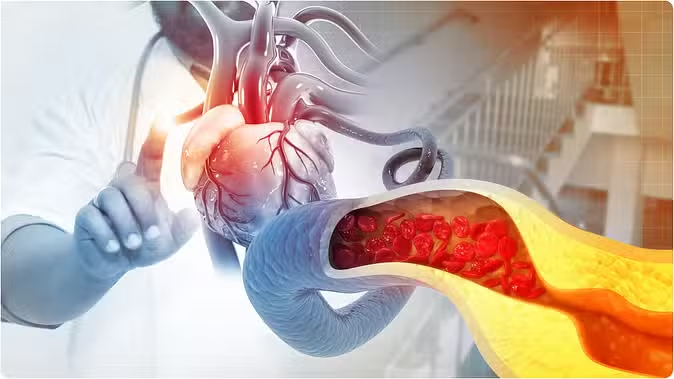Diabetes is a serious and chronic disease, the risk of which is increasing rapidly all over the world. According to an estimate, more than 53 crore people around the world are suffering from this disease, and in the next two decades, the number of patients can touch the figure of 80 crores. Even though most of the diabetes patients are of type-2, it can be of many types. A person of any age, from children to the elderly, can suffer from this disease, so all people need to have the right information about diabetes and keep trying to prevent it.

World Diabetes Day is celebrated every year on 14 November with the aim of making people aware of this serious and chronic disease growing globally and educating people about its prevention.
Doctors say, if you have diabetes, then this is not the only disease you have, due to diabetes, many other organs can also be seriously affected and there is a risk of dangerous diseases arising in the future. Therefore, it is important to keep the sugar level under control.
How does diabetes affect?
People who have diabetes may often have blood sugar that remains higher than normal. The food we eat provides glucose, which gives the body energy to work. A hormone called insulin helps glucose get into your cells. In type-1 diabetes, your body cannot make insulin, while in type-2 diabetes, your body either does not make insulin or cannot use it properly. Without enough insulin, glucose starts to increase in your blood.
Over time, increased sugar can cause damage to the heart, eyes, kidneys, and blood vessels.
Eyesight may decrease.
Diabetes patients may be at a higher risk of eye-related problems due to increased sugar levels. Increased blood sugar starts damaging the blood vessels in the eyes. This is known as diabetic retinopathy. Damage to blood vessels in the retina can cause vision loss or blindness. This is the most common eye disease in people with diabetes.
Sugar can cause a haze to form in the lens of the eye, which makes it difficult for you to see clearly. Diabetics are also at increased risk of diseases such as cataracts and glaucoma.

Risk of kidney failure
Apart from the eyes, people suffering from diabetes are also at a higher risk of kidney disease. Damage to the blood vessels in the kidney causes the kidney to stop functioning properly over time. People suffering from diabetes are also at a higher risk of high blood pressure, which can also hurt kidney health.
Diabetes causes abnormal levels of ketones in the urine. If its level remains high, the risk of kidney failure can increase significantly.
Heart diseases can be fatal.
People suffering from diabetes are at increased risk of heart disease over time, which is considered one of the leading causes of death globally.
High blood sugar can damage the blood vessels in the heart. Apart from this, the risk of fat accumulation in them also increases. It can block and damage the vessels carrying blood from the heart, increasing the risk of heart attack. This is why diabetics are advised to make continuous efforts to keep their sugar levels under control.
(PC: Adobe stock)










